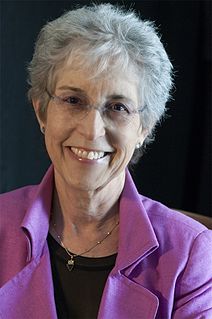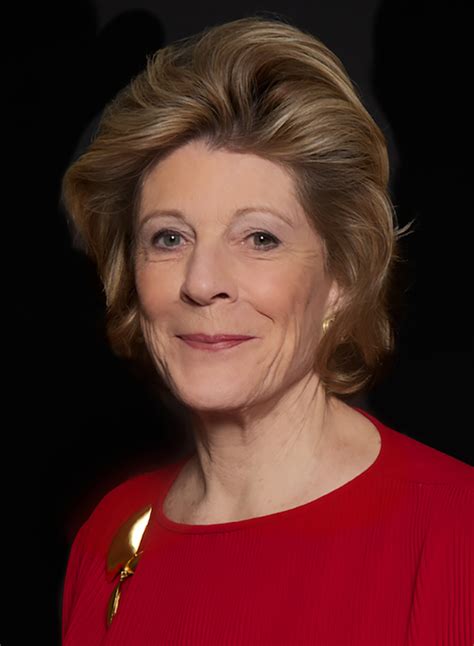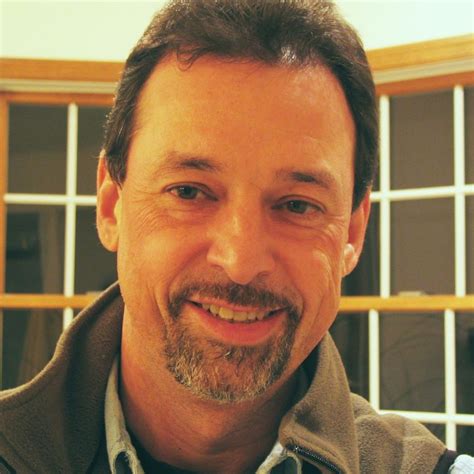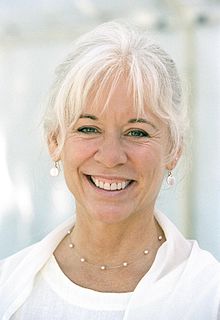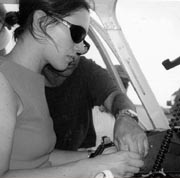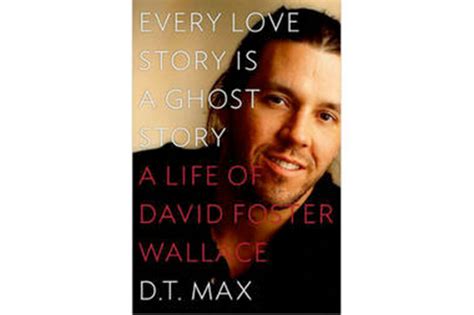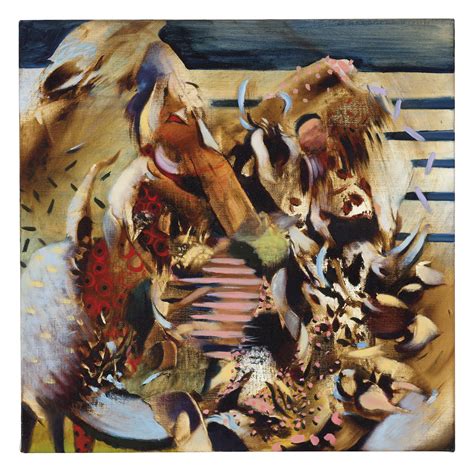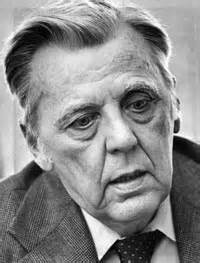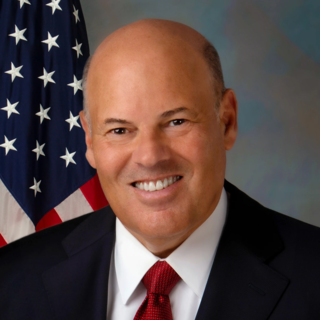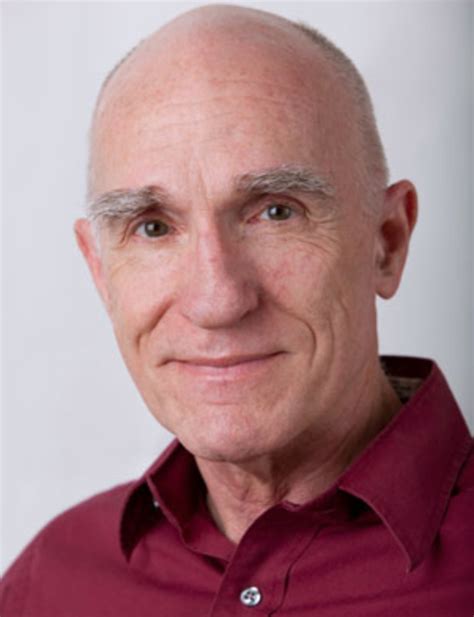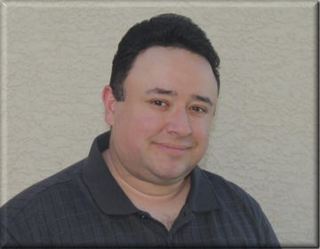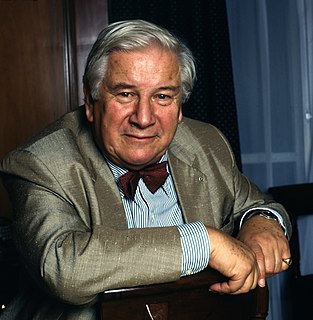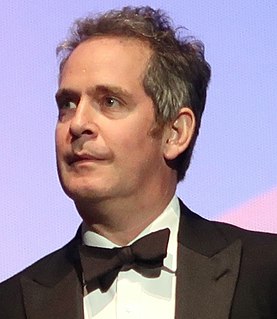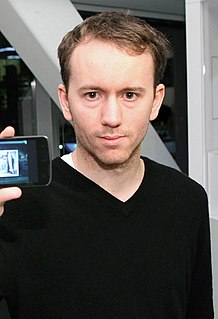Top 1161 Capture Quotes & Sayings - Page 18
Explore popular Capture quotes.
Last updated on April 19, 2025.
Of course, if you photograph the behavior of women and men at a particular time in history, in a particular situation, you will capture differences. But the error lies in inferring that a snapshot is a lasting picture. What women and men do at a moment in time tells us nothing about what women and men are in some unvarying sense - or about what they can be.
On a strategic level, employers really are behaving stupidly. Look at how they do recruiting: this automated process under which they will publish a job description chock full of so-called "key words", and then have software algorithms that attempt to match applicants to the resumes against those key words. So where in the key word collection do we capture institutional knowledge? No one advertises for that. Of course they don't.
Photography is an investigation of both the outer and the inner worlds. The first experiences with the camera involve looking at the world beyond the lens, trusting the instrument will 'capture' something 'seen.' The terms shoot and take are not accidental; they represent an attitude of conquest and appropriation. Only when the photographer grows into perception and creative impulse does the term make define a condition of empathy between the external and the internal events.
Reed College at that time offered perhaps the best calligraphy instruction in the country.... I decided to take a calligraphy class to learn how to do this.... It was beautiful, historical, artistically subtle in a way that science can't capture, and I found it fascinating. None of this had even a hope of any practical application in my life. But ten years later, when we were designing the first Macintosh computer, it all came back to me.
Be still and know yourself as the Truth you have been searching for. Be still and let the inherent joy of that Truth capture your drama and destroy it in the bliss of consummation. Be still and let your life be lived by the purpose you were made for. Be still and receive the inherent truth of your heart.
With the films, it starts off with certain coordinates in the world and seeing what happens. What happens if you place yourself at an oil refinery in the Middle East? What happens if you place yourself in the White House Cabinet Room? What happens if you place yourself with Brad Pitt on the set of a film? And so on. And no matter what I capture, there is a sense of déjà vu to it, like you might have come across this visual before.
How do you capture the drama of a Rembrandt painting in a movie? How do you feel that moment that they captured in two hours? I kind of fell into it and at one point, I decided I wanted to live an art life; I wanted to tell stories. I came to New York, and did what most people do - you become a PA and run and get coffee and pay your dues and learn until your opportunity comes.
It was wrong to capture wild animals and confine them in captivity for people to go and gawk at them. And that's basically how zoos got started. But once you do that, and once you have animals that have been bred in captivity, you're really stuck with them in some sense. You can't return them to the wild.
Something I always wanted to do, to capture that later half of the '70s. It's like the early half of the '70s is still the '60s, in that there's still kind of a playfulness and inventiveness in terms of design and the things that were going on in the culture. The second half, it got much more commodified. It's possibly the ugliest era of architecture and clothes and design in the entire 20th century, from 1975 to '81 or '82.
The idea was to focus on the primal drama of parenthood: the way from moment to moment you swing from comforter to tormentor, just as kids simultaneously light up our lives and drive us nuts. I was trying to capture that strange, bipolar quality of parenthood. For all that being a parent is normal statistically, it's not normal psychologically. It produces some of the most extreme emotions you'll ever have.
I met Peter Brook, the theater director, who's been based in Paris for many years at the Bouffes du Nord. I admire him tremendously. Some years ago, he was in New York, and he gave an interview with The Times, and what he said was this: "In my work, I try to capture the closeness of the everyday and the distance of myth. Because, without the closeness, you can't be moved, and without the distance, you can't be amazed." Isn't that extraordinary?
People are always invoking evolutionary psychology for everything. "Why do men hang around asking women out? Oh, to improve their reproductive success," every damn thing - religion, art - it can all be explained by evolutionary psychology. But in our hearts we know that evolutionary psychology is only sort of accurate, because it really doesn't capture what's most interesting about our lives.
The human mind shows an urge to capture into fixed forms through unreal assumptions, that is, fictions, that which is chaotic, always in flux, and incomprehensible. Serving this urge, the child quite generally uses a scheme in order to act and to find his way. We proceed much the same when we divide the earth by meridians and parallels, for only thus do we obtain fixed points which we can bring into a relationship with one another.
Then, you also have that, we all have that sense of wanting to belong. We all have that road-rage, you can relate to that road-rage because you're so frustrated. The sense of frustration, the sense of getting caught, doing something wrong, all those are sort of universal emotions and you just have to make it specific to yourself and you channel this, I don't know what it is, but this inner self and then try to capture the vulnerability.
Sometimes I forget what I put in. I want to capture things in that way, where you're looking into your memory, a dream or hallucination. The characters become a mixture of archetypes, [and] that's what I like. You're trying to figure it out and your brain wants to categorize things, but it can't because of this motion. You want to solve the problem, but it never gets solved. It's like when you read a really good book and the story never leaves you.
I bristle a little when the argument for film gets put into the nostalgia ghetto. Film is still the highest quality and best-looking image capture medium available. I don't think it always will be. The digital image will get better, and it will eventually surpass the quality of the film image, but it isn't there yet.
Capital movements are no longer necessarily related to the production of goods and services. Through the financial markets of the world, capital movements today are overwhelmingly concerned with the capture of and trade in property rights, the ownership of assets that magnify a corporation's wealth, power, and control. It is what John Maynard Keynes described as "a casino world"-wealth without worth.
He sought a way to preserve the past. John Hershel was one of the founders of a new form of time travel.... a means to capture light and memories. He actually coined a word for it... photography. When you think about it, photography is a form of time travel. This man is staring at us from across the centuries, a ghost preserved by light.
I spent almost two years working on this book ['March'] before we ever had a publisher, before we ever had a title. And when you're reading it, and you're writing it, and you're ingesting it, sometimes a single word just comes up over and over and over again. And if you're trying to capture the essence of what it is you're trying to tell, you don't have a whole lot of space.
Walter Benjamin talks about art losing its original "aura" in an age of mechanical reproduction. In writing memoir, we're taking something that happened in a particular moment and meant something at that time, and we're trying to capture it to mass reproduce it for readers. So of course something is lost. And when we edit that material, we're getting even further from that aura, but toward something else that is potentially vital.
Trying to be a professional dancer, paying my rent by posing nude for art classes, staring at people staring at me naked. Daring them to think of me as anything but a form they were trying to capture with their pencils and charcoal. I was defiant. Hell-bent on surviving. On making it. But it was hard and it was lonely, and I had to dare myself every day to keep going.
But if it couldn't be love and it didn't feel like lust, what was it? Like? Did he like her? Of course, he did, but that word didn't capture his feelings, either. It was a little too... vague and soft around the edges. People liked ice cream. People liked to watch television. It meant nothing, and it didn't come close to explaining why, for the first time, he felt the urge to tell someone the truth.
Some television programs are made very attractive to young children by presenting short, rapidly moving sequences and ever-changing episodes.... Some experts now argue that slower- paced television fare that allows children time to think about the material is more valuable than the faster-paced programs that merely capture their attention.
In Madame Bovary Flaubert never allows anything to go on too long; he can suggest years of boredom in a paragraph, capture the essence of a character in a single conversational exchange, or show us the gulf between his soulful heroine and her dull-witted husband in a sentence (and one that, moreover, presages all Emma's later experience of men). (...) This is one of the summits of prose art, and not to know such a masterpiece is to live a diminished life.
To enjoy anything, we cannot be attached to it... What we usually try to do is capture any joy that comes our way before it can escape... We try to cling to pleasure, but all we succeed in doing is making ourselves frustrated because, whatever it promises, pleasure simply cannot last. But if I am willing to kiss the joy as it flies, I say, "Yes, this moment is beautiful. I won't grab it. I'll let it go."
I'm never more aware of the limitations of language than when I try to describe beauty. Language can create its own loveliness, of course, but it cannot deliver to us the radiance we apprehend in the world, any more than a photograph can capture the stunning swiftness of a hawk or the withering power of a supernova... All that pictures or words can do is gesture beyond themselves toward the fleeting glory that stirs our hearts. So I keep gesturing.
All who ask receive, those who seek find, and to those who knock it shall be opened. Therefore, let us knock at the beautiful garden of Scripture. It is fragrant, sweet, and blooming with various sounds of spiritual and divinely inspired birds. They sing all around our ears, capture our hearts, comfort the mourners, pacify the angry, and fill us with everlasting joy.
Most of the people I've been fortunate enough to work with all share the same passion for creativity, for ingenuity, for playing make-believe and really just having fun. It doesn't matter if we're blowing up cars, or shooting an emotional scene in a police station, deep inside we all know our imaginations are at work, and our imaginations are manifesting into reality - at least momentarily for the cameras to capture.
The average person might articulate them differently, but we all think about interpersonal relationships in one way or another. Writers just express that in different ways and capture it in different ways. To some degree, we're all thinking about the same things. It's the zeitgeist. The trick, in a way, as a writer, is to hope that your interests in some sense link up with the culture around you.
In the past things were either in your head (subjective, imaginary, fantasy) or else they were part of the outside world - cold, hard, concrete materialistic reality. If you want to look at it in terms of poetry, there was surrealism and objectivism. Now there's the veil of the virtual in between. The old opposition between inner and outer doesn't quite capture it, especially as it contains elements of both. It's real but not concrete.
One of the concepts I was having trouble illustrating was the concept that administrative systems create narrow categories of gender and force people into them in order to get their basic needs met - what I call "administrative violence." I had images of forms with gender boxes and ID cards with gender markers, but I also wanted an image that would capture how basic services like shelters are gender segregated.
Most people enter into relationships with an eye toward what they can get out of them, rather than what they can put into them. The purpose of a relationship is to decide what part of yourself you'd like to see "show up," not what part of another you can capture and hold. The purpose of a relationship is not to have another who might complete you; but to have another with whom you might share your completeness.
If people knew what Matisse, supposedly the painter of happiness, had gone through, the anguish and tragedy he had to overcome to manage to capture that light which has never left him, if people knew all that, they would also realize that this happiness, this light, this dispassionate wisdom which seems to be mine, are sometimes well-deserved, given the severity of my trials.
All the hideously calculated hypocrisy of men when they commit a murder in the name of justice. Then it's the time of death on a grander scale, the hour of the great offenses ... fix your bayonets boys ...gentlemen, synchronize your watches ... in ten seconds time the barrage starts ... a thousand men are destined to die in order to capture a farmhouse no one has lived in for years...
The happening and telling are very different things. This doesn’t mean that the story isn’t true, only that I honestly don’t know anymore if I really remember it or only remember how to tell it. Language does this to our memories, simplifies, solidifies, codifies, mummifies. An off-told story is like a photograph in a family album. Eventually it replaces the moment it was meant to capture.
Like the panic stricken populace of 'The War of the Worlds' and countless other 1950s invasion movies, the victims are there to provide the human ground over which monster and expert, threat and defender, disordering and ordering impulses can battle it out. Second-class citizens of the genre, they are narratively indispensable because physically entirely disposable. We are only really involved with them in the momentary tension of their capture or demise.
The failure of the Reformation to capture France had left for Frenchmen no half-way house between infallibility and infidelity; and while the intellect of Germany and England moved leisurely in the lines of religious evolution, the mind of France leaped from the hot faith which had massacred the Huguenots to the cold hostility with which La Mettrie, Helvetius, Holbach, and Diderot turned upon the religion of the fathers.
I am black; I am in total fusion with the world, in sympathetic affinity with the earth, losing my id in the heart of the cosmos -- and the white man, however intelligent he may be, is incapable of understanding Louis Armstrong or songs from the Congo. I am black, not because of a curse, but because my skin has been able to capture all the cosmic effluvia. I am truly a drop of sun under the earth.
If it's just me on stage telling stories for, like, an hour, that's great. That's fine. But like a sandcastle on the beach, it gets washed away at night. It's so much more powerful if we can all share our narratives and doorstep moments and make us feel a little less alone. I'm just trying to use social media and new media as a way to capture that.
When you invade Grenada, or when you invade Panama to capture a disreputable person, or when you bomb the Bosnia area, you can always find justification for those military actions, but it's really surprising how many times in those 25 years - that's a long time - the United States has interceded, I wouldn't say most of the time militarily, but a lot of those have been military actions.
Patricia Smith is one of the best poets around and has been for a long time. Her Blood Dazzler is full of capacious soul and formal inventiveness: the compassion and artfulness necessary to capture the tragedies and Tragedy of Katrina. Smith is herself a storm of beautiful, frightening talent. Her words will wash you or wash you away. I consider this new book a major literary event.
When you create stuff, you're always going to be progressing and where you're at a year down the line, as the creator, it's always going to feel immature. You're going to notice the flaws and the things that you've learned in that year aren't going to be there. So, I think it's important to see stuff as a capture of time - that's what I was doing at that time - and not be ashamed of it. That's how I try to approach music.
I create other worlds, magical never-never lands where the camera is my weapon and the battles I fight are with the elements. i stretch the laws of the mind and displace people from their realities to capture a side of them they didn’t even know they had. Photography has the ability to freeze people in this time and space—no matter what happens after that moment, it cannot change—they are exactly how i want them to be.
Hegel understood the Heisenbergian reality of knowing: yes, it would be nice if we could somehow delicately capture the truth and bring it closer to ourselves without altering it, "like a bird caught with a limestick." But the reality is, every truth we manage to know is altered, deformed by our very "encheiresis naturae," by the act of our taking-in-hand of nature (to borrow the alchemists' phrase from Goethe's Faust).
With joint-stock corporations, investors can place bets on the success of many different companies, without having to play a central management role in any one of them. This allows investors to diversify their financial holdings. It also allows them to capture profits on their investments, without having to get involved in the dirty, troublesome business of actually running a company.
This is the hope of many adolescent girls--to capture a parent's heart with love for them as they are, as people. They reject thenotion of being loved just because they are the child of the parent. They want the parent to fall in love with them all over again, because being new, they deserve a new love.
When you collect marine animals there are certain flat worms so delicate that they are almost impossible to capture whole, for they break and tatter under the touch. You must let them ooze and crawl of their own will onto a knife blade and then lift them gently into your bottle of sea water. And perhaps that might be the way to write this book — to open the page and let the stories crawl in by themselves.
The poet Amanda Nadelberg puts it nicely in an interview when she says "often what I listen for in poems is a sense that the writer is a little lost, not deliberately withholding information or turning on the heavy mystery machines, but honestly confounded - by the world? isn't it so? - and letting others listen in on that figuring." That's what engages me - the mind in motion, the drama of someone in the process of thinking - and it's the elusive mystery of those movements that I hope to capture in my essays.
